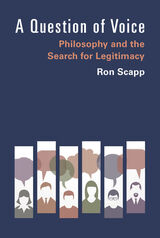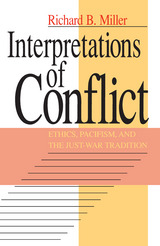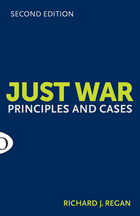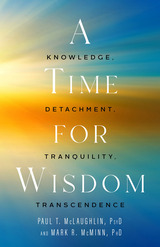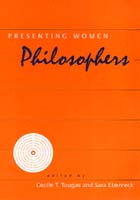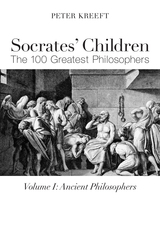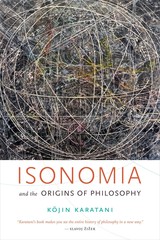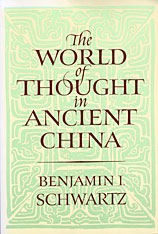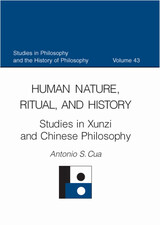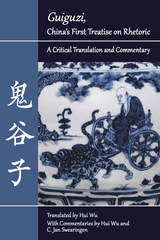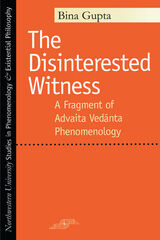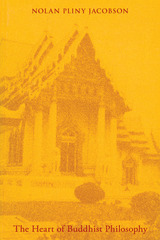Confucianism and Ecology: The Interrelation of Heaven, Earth, and Humans
Harvard University Press, 1998
Cloth: 978-0-945454-15-1 | Paper: 978-0-945454-16-8
Library of Congress Classification B127.C65C64 1998
Dewey Decimal Classification 179.10951
Cloth: 978-0-945454-15-1 | Paper: 978-0-945454-16-8
Library of Congress Classification B127.C65C64 1998
Dewey Decimal Classification 179.10951
ABOUT THIS BOOK | REVIEWS
ABOUT THIS BOOK
Confucianism demonstrates a remarkable wealth of resources for rethinking human-earth relations. This second volume in the series on religions of the world and the environment includes sixteen essays that address the ecological crisis and the question of Confucianism from three perspectives: the historical describes this East Asian tradition's views of nature, social ethics, and cosmology, which may shed light on contemporary problems; a dialogical approach links Confucianism to other philosophic and religious traditions; an examination of engaged Confucianism looks at its involvement in concrete ecological issues.
See other books on: Bol, Peter K. | Confucianism | Environmental ethics | Heaven | Tucker, Mary Evelyn
See other titles from Harvard University Press

